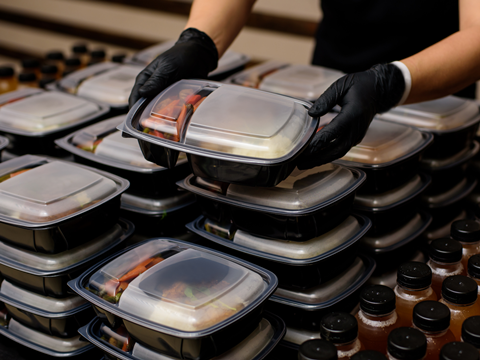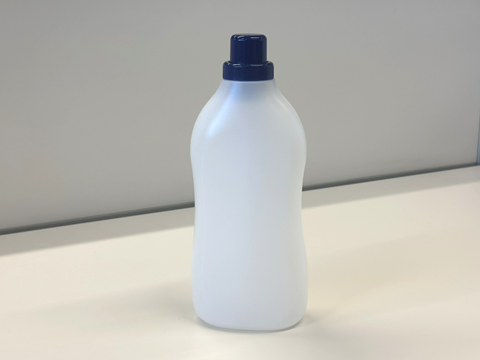
AIMPLAS has announced the launch of the Buddie Pack project funded by Horizon Europe, aiming to implement a circular system for the large-scale deployment of reusable plastic packaging (RPP) through a combination of social, technological, and economic innovations.
Coordinated by the Industrial Technical Centre for Plastics and Composites (IPC), the Buddie-Pack project brings together 19 partners from 6 different countries and will take place over a period of three and a half years. The project is anticipated to cut down the production of single-use plastic packaging, reduce water and energy consumption, and avoid the release of microplastics into the oceans.
It aims to promote consumer acceptance of RPP by analyzing drivers and consumers’ psychology of reuse, as well as focusing on cleaning solutions to guarantee consumer safety against the possible contamination and ageing of all reusable business cases during their repeated use, and the durability of their functional properties and recyclability.
Mechanical recycling will be employed for the project as it is ‘the most widely adopted method’ for plastic recycling, said to have relatively low energy requirements, minimal infrastructure needs and be highly scalable. A closed-loop mechanical recycling approach will be prioritized in 5 out of 6 business cases.
The four reusable business cases are a semi-rigid skin pack for meat distribution (Dawn Meats); semi-rigid catering trays at schools and nursing homes for 1 portion and 8 portions (Ausolan); pre-packed food in supermarkets (Uzaje) and catering trays for takeaway food consumption (Vytal).

One business case for Asevi and Smurfit Kappa will employ open-loop recycling for detergent packaging. AIMPLAS says this approach is viable because in this case, the detergent packaging can be effectively recycled using materials from various plastic sources without significant issues.
Various polymers will be mechanically recycled for the business cases including polypropylene (PP), polyethylene (PE), polybutylene terephthalate (PBT), polyethylene terephthalate glycol-modified (PETG), and crystalline polyethylene terephthalate (CPET).
In related news, Kemira and PA Consulting teamed up in March last year to develop a polysaccharide-based renewable barrier coating material for flexible food packaging applications. The technology is based on IFF’s Designed Enzymatic Biomaterial (DEB) production platform, a biotechnology process that enables the production of new renewable polymers with enzymatic polymerization.
Later in the year, Colpac rolled out a multi-purpose food packaging solution that can be used as single dine-in trays or locked together into a box to-go. The dual purpose aims to benefit foodservice providers with limited storage back-of-house, saving space by nesting in transport and storage and reducing the required SKUs.
If you liked this story, you might also enjoy:
The ultimate guide to the Packaging and Packaging Waste Regulation in 2024
How are the top brands progressing on packaging sustainability?
Sustainable Innovation Report 2024: Current trends and future priorities
Everything you need to know about global plastic sustainability regulation














No comments yet